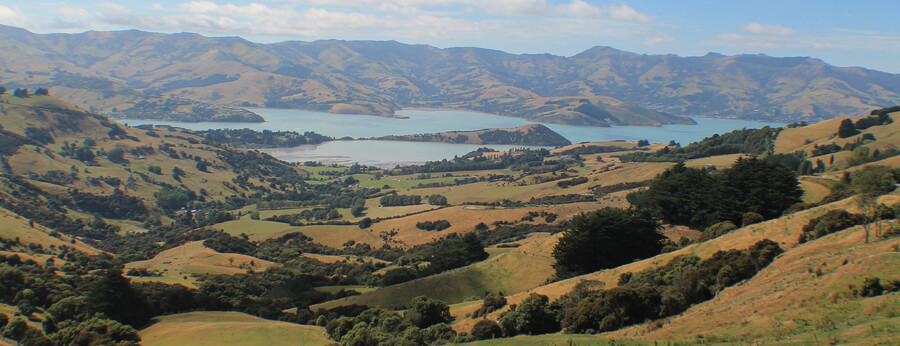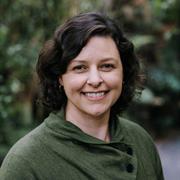 By working with land management sectors across the country, the Eco-index team aim to understand biodiversity investment and on-the-ground outcomes for our native flora and fauna.
By working with land management sectors across the country, the Eco-index team aim to understand biodiversity investment and on-the-ground outcomes for our native flora and fauna.
Dr Kiri Wallace is co-leader of the BioHeritage Eco-index team, a multi-organisational group with strong links to local iwi and hapū that aims to help reverse biodiversity decline in Aotearoa.
New Zealanders value their unique natural environments, but national and regional reporting shows that Aotearoa’s native biodiversity is in dangerous decline. A better approach to protecting biodiversity is needed, and indeed possible.
To determine what actions are needed we are building a national BioHeritage Eco-index. The Eco-index will identify the best ways to direct both private and public investment in order to reverse biodiversity decline. This initiative will start by measuring current investment in biodiversity by major land management sectors, and the outcome it is achieving.
This new approach aims to develop a recognised index that will guide land managers, investors, government and communities to protect and restore our native flora and fauna. In time, the Eco-index will indicate our country’s biodiversity performance similar to how GDP indicates economic performance.
Find out more about BioHearitage Eco-index.

Research Fellow
Thank you for any int…